Since the Intergovernmental Panel on Climate Change (IPCC) released their Special Report on the impacts of global warming in 2018, SDSN has been working on actionable national strategies for a just transition to achieve net zero emissions by 2050. Building on the results from the SDSN’s US Deep Decarbonization Pathways Project, the SDSN USA network is currently designing a US Zero Carbon Action Plan (DDAP) to provide the federal government with policy recommendations to transition infrastructure throughout the country and make the United States a global leader on clean energy technology development and implementation.
While climate action has historically been a partisan issue in the US, more recently the economics of clean energy technologies and the proven societal benefits (energy independence, pollution reduction, and workforce development) have turned this into a discussion on not if or when to transition, but how to transition now. Urging the global community to limit warming to 1.5 degrees Celsius, the IPCC advises global net anthropogenic CO2 emissions will need to decline by 45% by 2030 (based on 2010 levels), and reach net zero by 2050.
This summer, two strategies have been released that provide comprehensive frameworks to address this issue in the US: The Biden Plan To Build A Modern, Sustainable Infrastructure And An Equitable Clean Energy Future, and The Congressional Action Plan for a Clean Energy Economy and a Healthy, Resilient, Just America. While many of the core messages in these documents align to the DDAP, the DDAP offers a quantitatively-based pathway to decarbonization and an in-depth look at the key sectors and cross-cutting themes in the framework of a comprehensive action plan. By looking at cross-cutting themes, the DDAP’s recommendations also focus on both social and economic benefits of reaching net-zero greenhouse gas (GHG) emissions by mid-century. The plan offers a proof of concept on the affordability of the transition, along with specific policy suggestions to rapidly scale up and implement known solutions with triple bottom line results.
The DDAP is led by 19 co-chairs and 11 working groups comprised of experts on clean energy technologies, energy modeling, economics, resource management, and US policy. In addition, federal, state, and municipal recommendations are included to advise energy transition at all levels. Working groups and co-chairs are of diverse backgrounds from academic, public, and private sectors.
While the DDAP provides an action plan to inform policy makers, business leaders, and civil society, the goal is for the final report to be delivered to the two major presidential candidates in October, then transmitted to members of Congress after Election Day. Additionally, SDSN will convene network members and partners in the fall to discuss the policy recommendations, engage with policymakers, and discuss next steps.
If you have any questions about the ZCAP, the themes, or collaboration process, please contact project managers, Elena Crete (elena.crete@unsdsn.org) and Cheyenne Maddox (cheyenne.maddox@unsdsn.org).
Working Group Co-Chair(s) and Organization(s)*
Technical Pathways and Modeling
- Jim Williams, SDSN
Overall Policy Framework
- Jeffrey Sachs, SDSN President
- David Victor, UC San Diego
- Dan Esty, Yale University
- Gordon, McCord, UC San Diego
Federal Legislative and Regulatory Mechanisms
- Michael Gerrard, Sabin Center for Climate Change Law, Columbia Law School
- John Dernbach, Widener University
State and City Legislative Framework
- Cynthia Rosenzweig, NASA GISS
- Christian Braneon, NASA GISS
Equitable and Just Transition
- Robert Pollin, UMass Amherst
Power Generation
- David Victor, UC San Diego
- Morgan Bazilion, Colorado School of Mines
Transportation
- Vicki Arroyo, Georgetown Climate Center, Georgetown University Law Center
- Dan Sperling, UC Davis
- Lew Fulton, UC Davis
Industry
- Steve Davis, UC Irvine
Buildings
- Roger Platt, US Green Building Council
- Laurie Kerr, LK POLICY LAB
Food and Land Use
- Gordon McCord, UC San Diego
- David Kanter, New York University
Materials
- Mark Lichtenstein, SUNY College of Environmental Sciences and Forestry
*Affiliation included for identification purposes only

